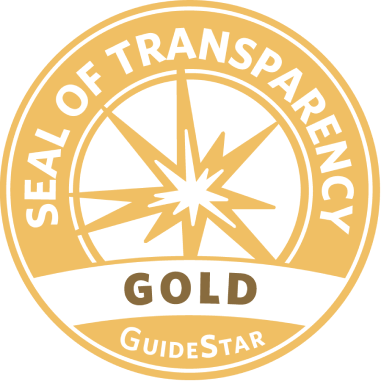For women who have survived war, violence, and oppression, trauma can feel like a prison. It isolates them, making them feel trapped in their pain, disconnected from the world around them. But learning a new language, especially in a supportive community, can be a powerful tool for healing.
Language is more than just words—it is a bridge to connection, empowerment, and self-expression. For many women in Iran and Afghanistan, learning a new language, such as English, provides not only opportunities but also a sense of hope. It helps them rebuild their identities, regain confidence, and find a voice in a world that often silences them.
Breaking the Silence of Trauma
Trauma often leaves survivors feeling voiceless. Many women who have experienced violence or oppression struggle to express their emotions, fearing judgment or further harm. Learning a new language can help break this silence.
- A Fresh Start – Speaking a new language gives women a way to tell their stories in a different way, helping them process painful experiences.
- Emotional Healing – Language learning engages the brain in a positive, goal-oriented activity, reducing anxiety and depression.
- A Safe Space – In a classroom or online learning environment, women can practice speaking without fear, slowly rebuilding their confidence.
When women find their voice, they begin to reclaim their sense of self, moving beyond the fear that once held them back.
Reconnecting with the World
One of the most damaging effects of trauma is isolation. Many survivors withdraw from social interactions, feeling misunderstood or ashamed of their past experiences. Learning a new language helps break down these barriers, reconnecting them with others in meaningful ways.
- Building New Relationships – Language classes create supportive communities where women can form friendships and find encouragement.
- Engaging with Different Cultures – Learning a language introduces women to new perspectives, reminding them that the world is vast and full of possibilities.
- Finding a Purpose – Whether through conversation, writing, or reading, using a new language gives women something to look forward to each day.
By connecting with others, women begin to heal. They learn that they are not alone, that their stories matter, and that there is still kindness in the world.
Empowerment Through Self-Expression
Language is a tool of empowerment. When women learn to express themselves in a new language, they gain control over their own narratives. They can share their experiences, advocate for their rights, and even help others on similar journeys.
- Writing and Speaking – Many women use their language skills to share their stories through blogs, poetry, or interviews.
- Advocating for Change – English, in particular, allows women to connect with international human rights organizations and raise awareness about the issues they face.
- Teaching Others – Women who learn a language often become teachers, passing on knowledge and confidence to the next generation.
A Path Toward Healing
Trauma isolates, but language connects. Learning a new language is more than just acquiring words—it is about rebuilding confidence, forming relationships, and finding purpose again. For women in Iran and Afghanistan, this journey is not just about communication; it is about healing, one word at a time.
Even in the face of darkness, language offers a light. It is proof that, no matter what has been taken from them, they still have the power to connect, to grow, and to heal.

